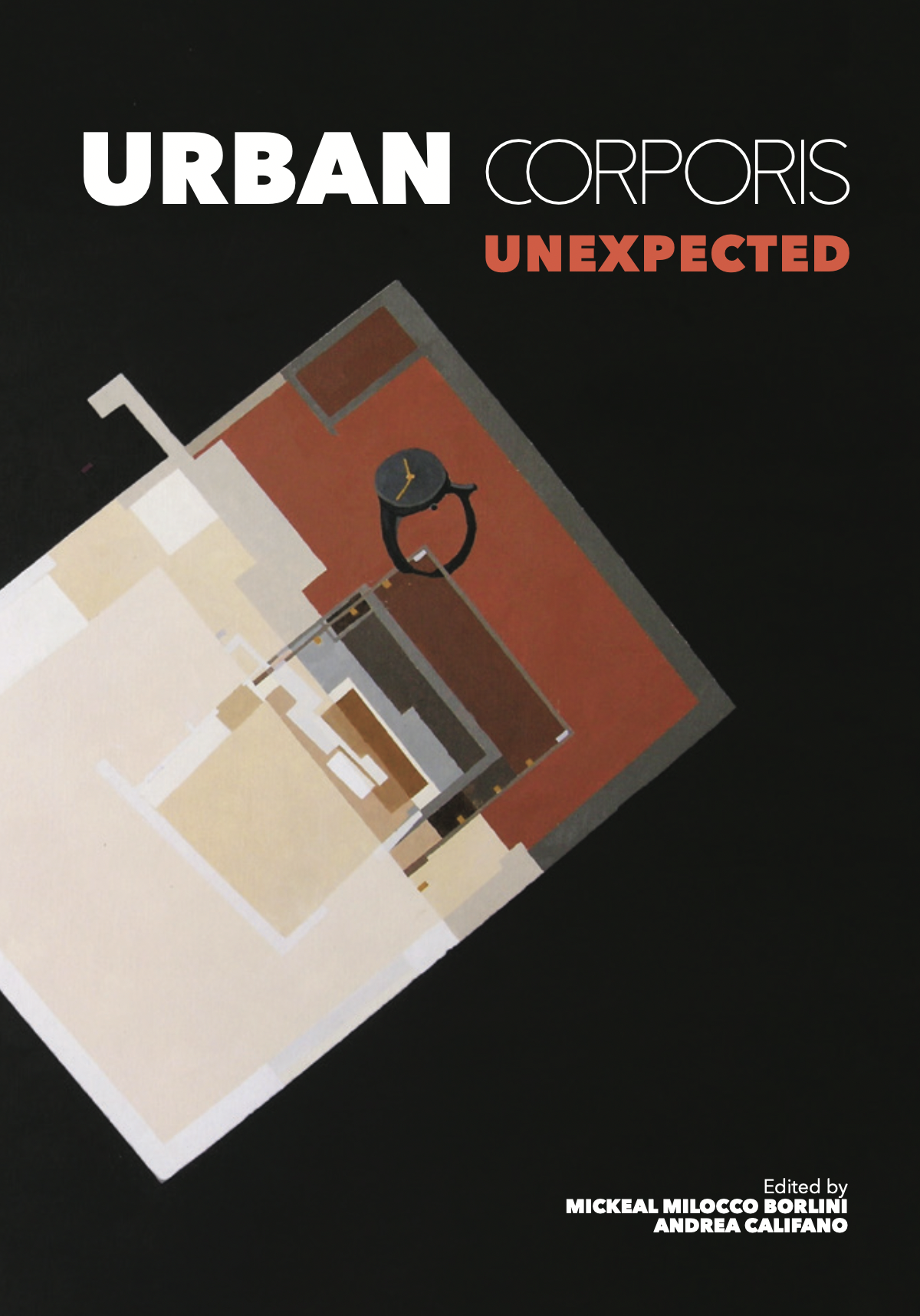di Daniele Cannatella (TU Delft)
Abstract
The attempt of cities to adapt in response to Covid-19 impacts on health, economy and society is quickly changing the way we use public spaces all over the world. Facing the necessity to maintain social distancing and providing safer public space in dense urban agglomerations, current models of development and urban form have been questioned. New models are increasingly being investigated and proposed as alternatives to live in dense cities, while phenomena of migration toward inner areas and minor urban settlements are happening worldwide. The Covid-19 pandemic will hardly affect the form of the urban environment; rather, in reshaping and rebalancing the social, economic and spatial relations in response to the pandemic, it will change the social and economic interdependencies and relationships both among and within cities. This paper investigates the role of density and connectivity in the spread of the pandemic across the globe and looks at the current strategies to define challenges and explore possible future trajectories for cities in the light of the impacts of Covid-19 on cities and the transformation of our daily routine and the emergence of new needs within urban environments.

